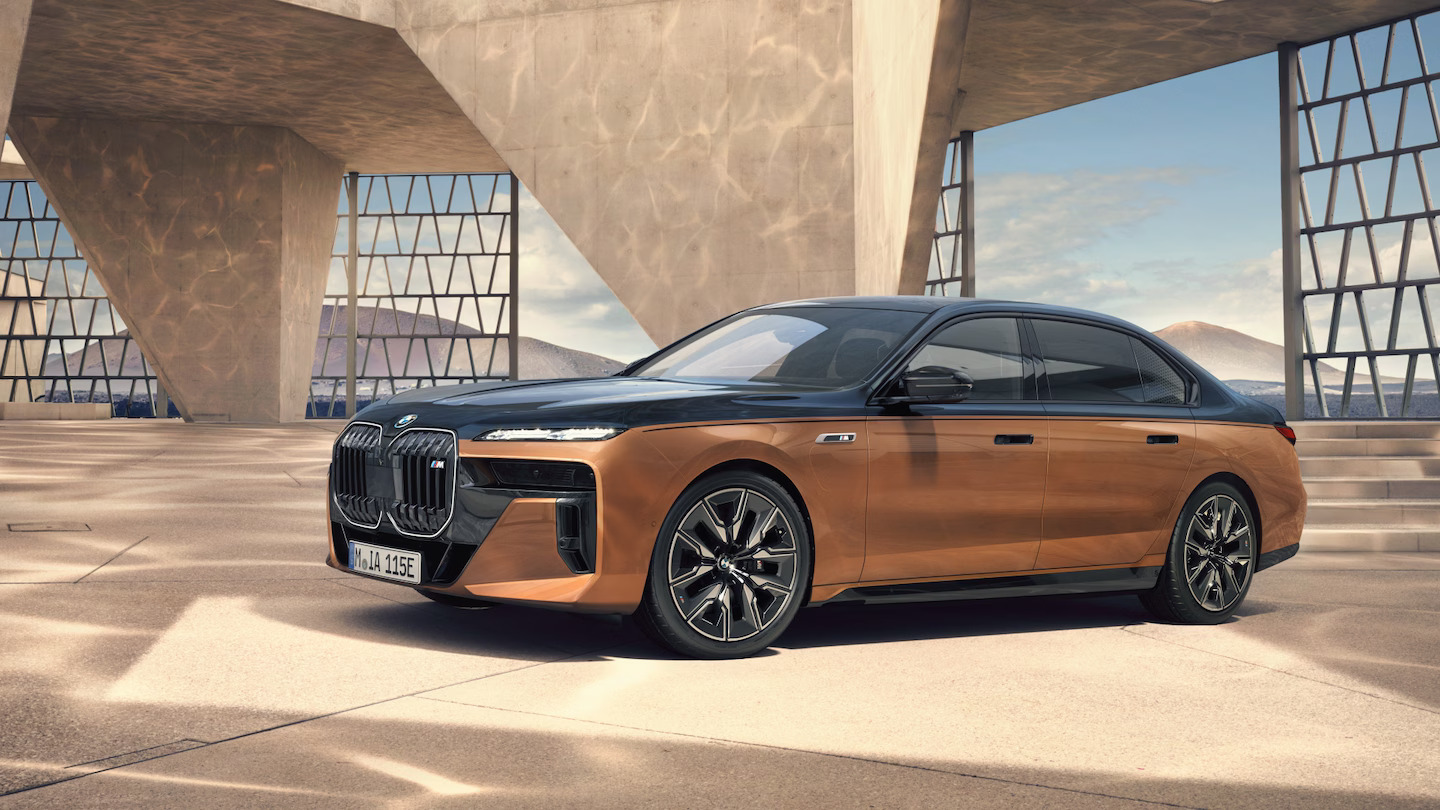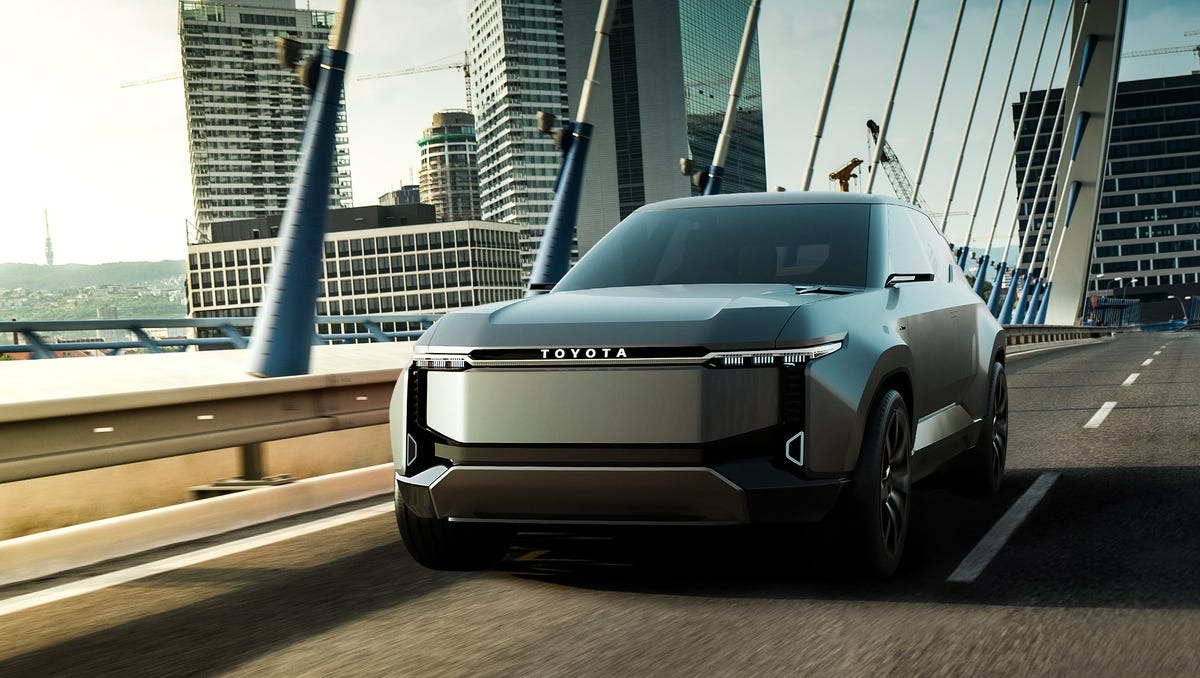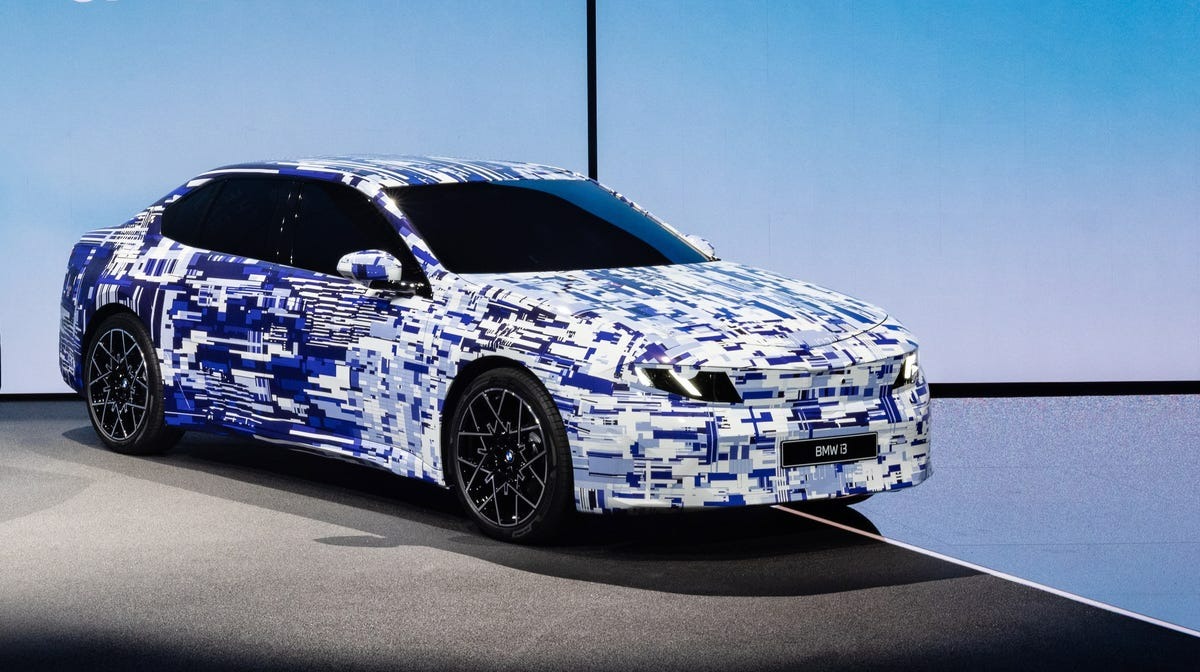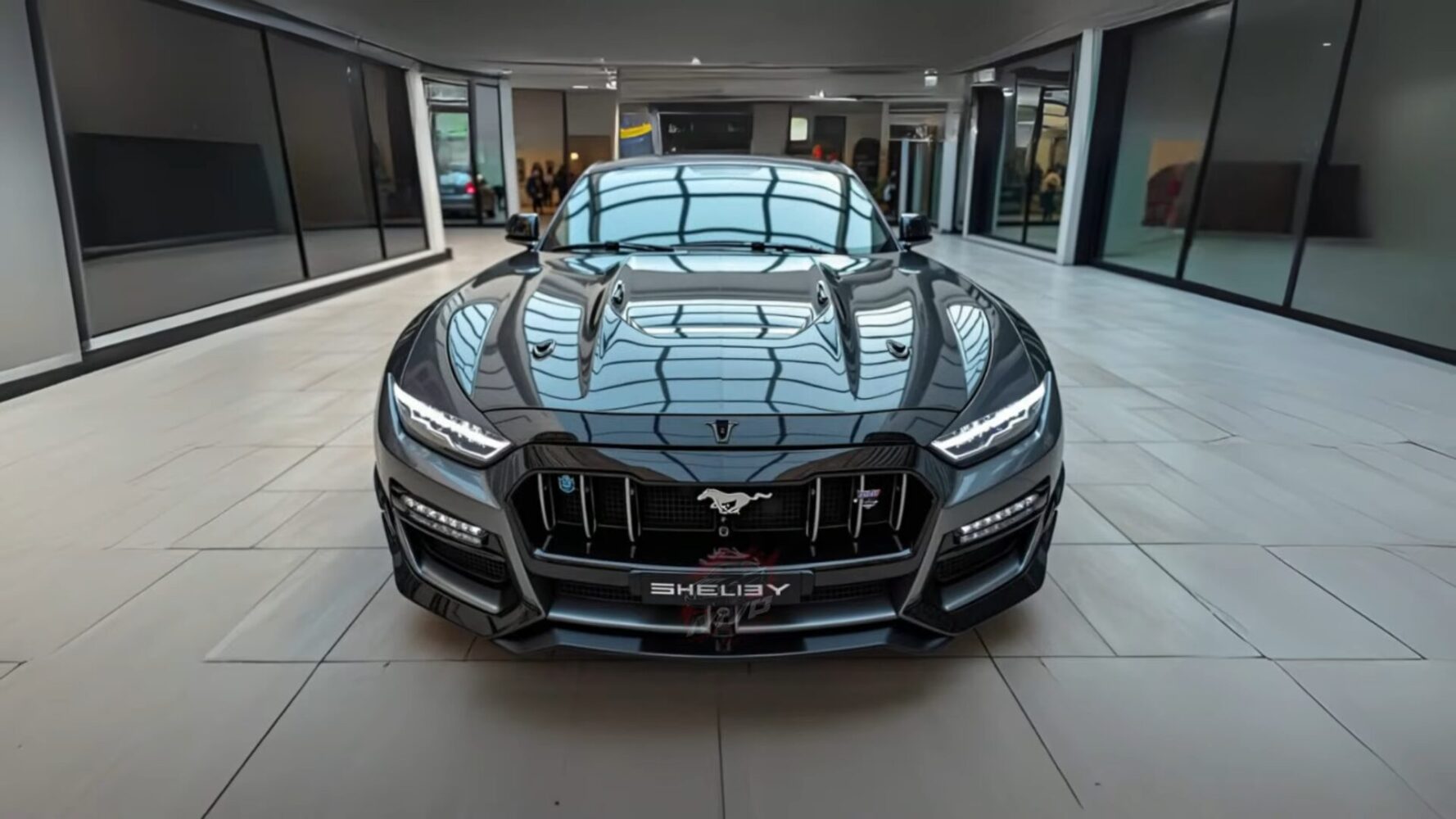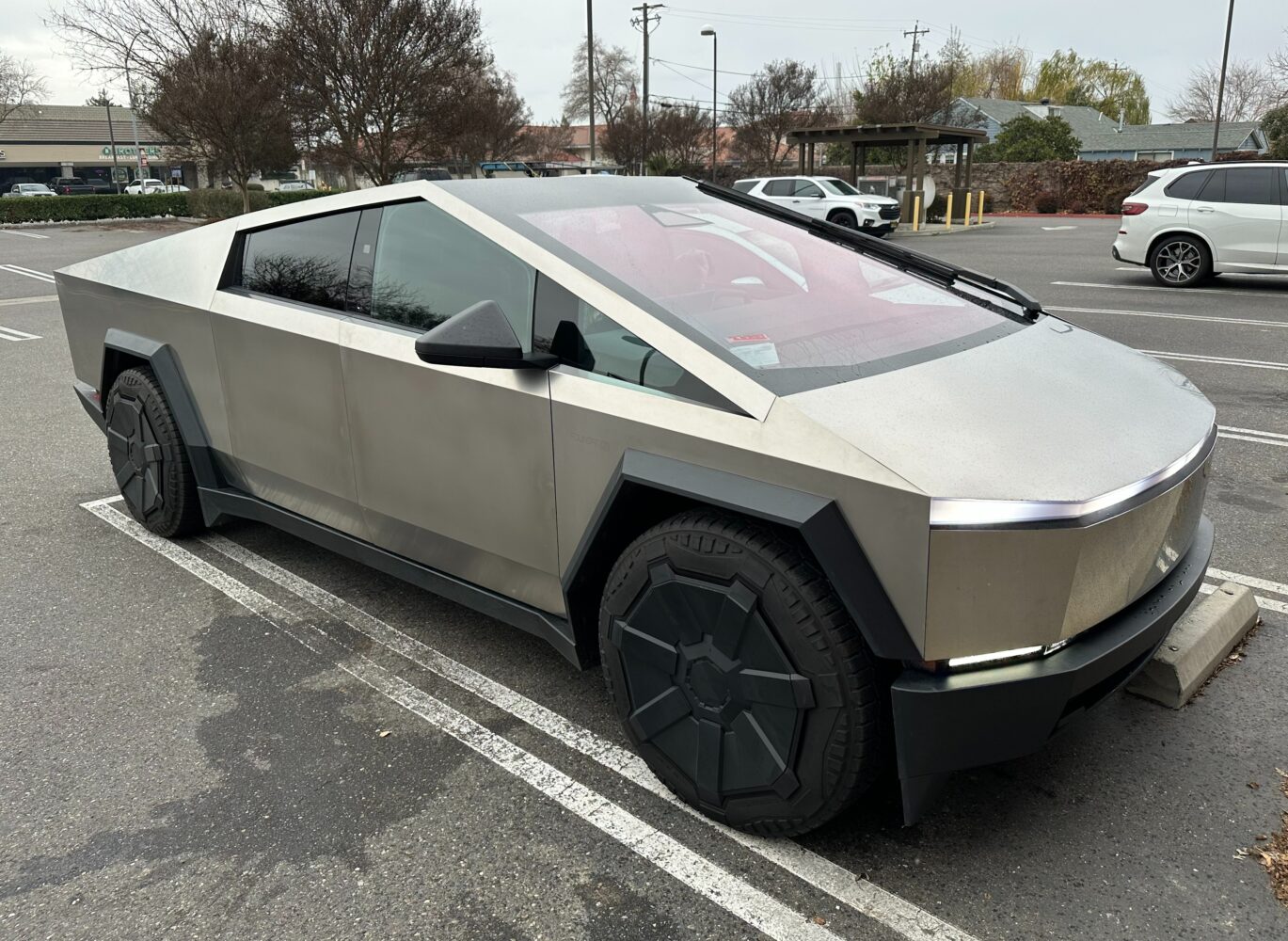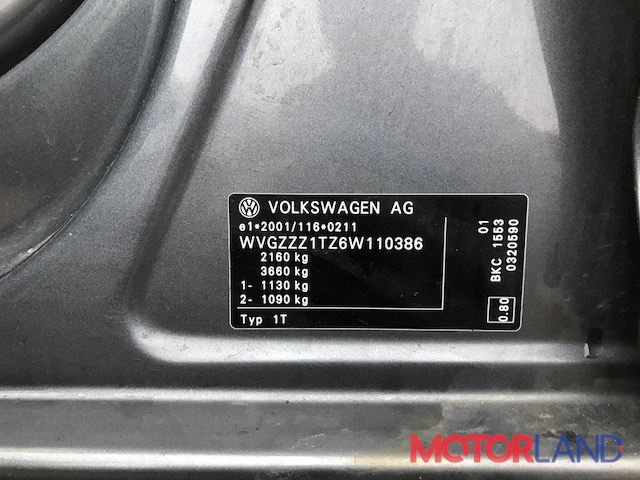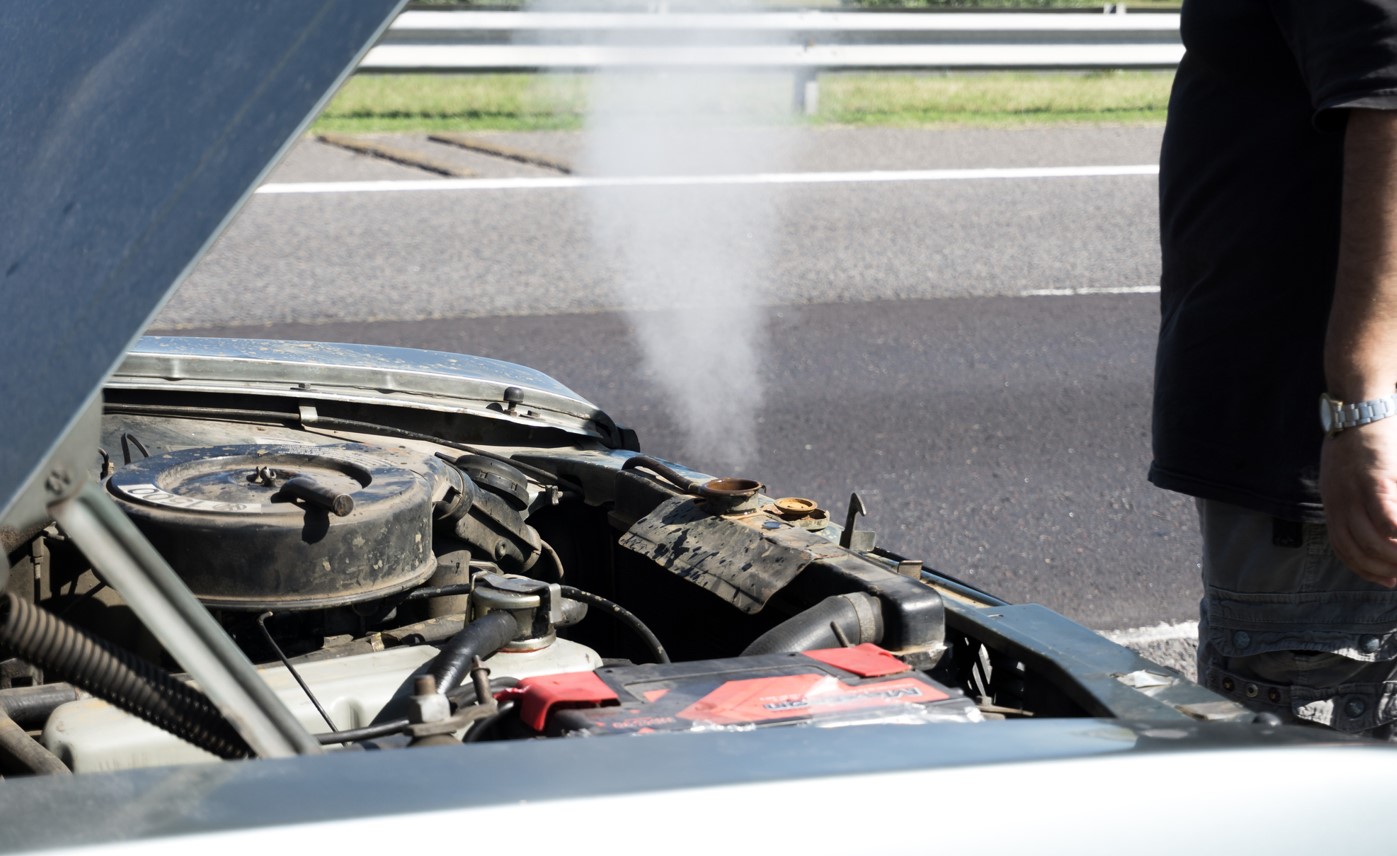Software complexity strikes again. BMW’s latest recall affects thousands of electric vehicles across four model lines, proving that even luxury automakers aren’t immune to the growing pains of electrification.
The recall impacts 2022-2025 BMW i4, 2022-2024 BMW iX, 2023-2024 BMW i7, and 2024 BMW i5 models. Your sophisticated electric BMW might suddenly lose power while driving due to a software glitch that mistakes normal operation for a dangerous electrical fault.
Here’s what happens when the glitch triggers: your car’s computer detects a phantom “double-isolation condition” in the high-voltage system. This false alarm immediately shuts down the electric motors, leaving you coasting without propulsion. Imagine merging onto a highway when your $60,000 electric sedan suddenly decides it’s done accelerating.
The silver lining? Your steering and brakes continue working normally during these episodes. BMW engineers designed redundant safety systems that prevent complete vehicle shutdown, which explains why no accidents have occurred despite the power loss incidents.
BMW’s response demonstrates how modern automotive problems require modern solutions. Instead of scheduling thousands of dealership appointments, the company can push software fixes directly to your vehicle through over-the-air updates. This capability transforms what could have been a weeks-long repair process into an overnight download.
The recall exposes a fundamental challenge facing every automaker racing toward electrification. These vehicles pack more computing power than early spacecraft, but that complexity creates new failure modes that didn’t exist in purely mechanical cars. Your grandfather’s V8 never needed a software patch to keep running.
This incident won’t derail BMW’s electric ambitions, but it underscores why thorough software testing matters more than ever. When code controls your car’s most basic functions, bugs become safety hazards rather than inconveniences.


